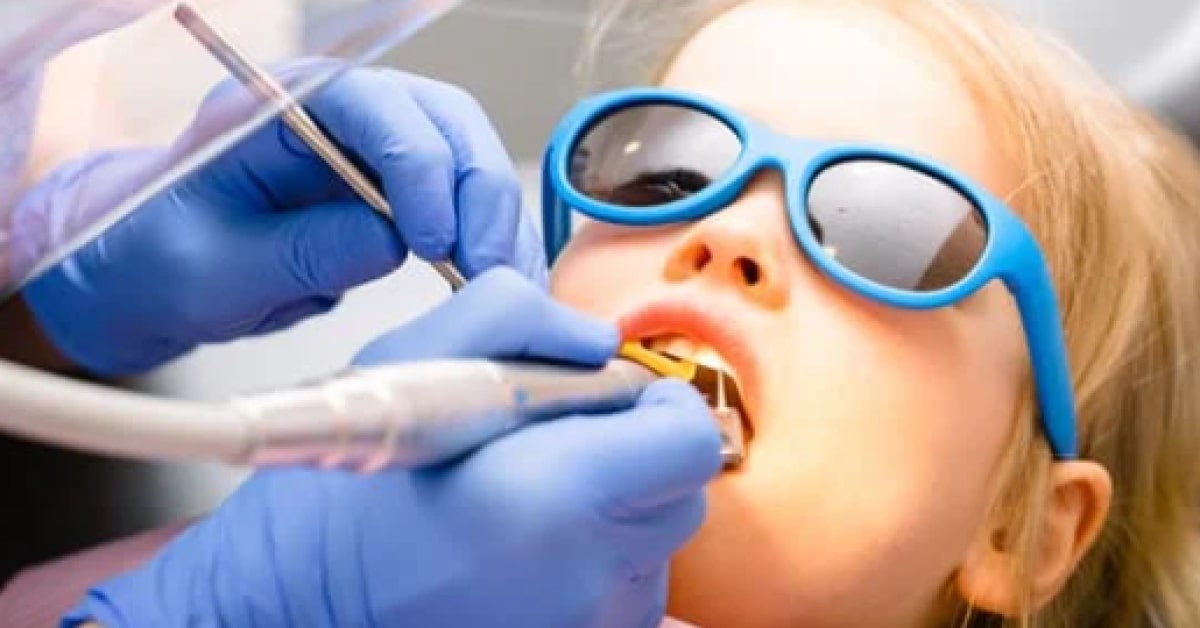Blog
July 12, 2023 • 10 mins readUnveiling the Relationship Between Dry Mouth and Whole Body Health
Dry mouth is when salivary glands don't produce enough saliva, causing difficulty swallowing, dryness, and bad breath. Recent research suggests it may be linked to other health issues.
Author
Danielle Duncan

In this Article
Dry mouth (xerostomia), is a condition where the salivary glands do not produce enough saliva to keep the mouth in optimal functioning order. This can lead to a range of symptoms, including difficulty swallowing, a dry or sticky mouth, and bad breath. While dry mouth is often thought of as a minor inconvenience, recent research suggests that it may be linked to a range of whole body health issues.
Why Saliva is Important and How Does Dry Mouth Impact Whole Body Health?
One of the key functions of saliva is to help protect the teeth and gums from bacteria and acid. When there is not enough saliva in the mouth, the risk of tooth decay and gum disease increases. Additionally, dry mouth can make it difficult to eat certain foods, which can lead to malnutrition and weight loss. Over time, these issues can have a significant impact on overall health and wellbeing.
Recent studies have also linked dry mouth to a range of other whole body health issues, including diabetes, heart disease, and stroke. The exact mechanisms behind these links are not yet fully understood, but it is thought that the inflammation and oxidative stress associated with dry mouth may contribute to the development of these conditions. Whether you experience dry mouth at night or during the day, it is important to stay ahead of it to help prevent the complications of dry mouth.
Fortunately, there are a number of steps that can be taken to help manage dry mouth and reduce the risk of associated health issues. One of the most effective strategies is to stay hydrated by drinking plenty of water throughout the day. Using sugar-free gum or sugar-free candy to help stimulate saliva production. Additionally, avoiding alcohol, caffeine, and tobacco can help reduce the symptoms of dry mouth.
In some cases, medications may be prescribed to help manage dry mouth. These may include saliva substitutes or medications that stimulate saliva production. In more severe cases, surgery may be required to address underlying issues with the salivary glands.
What Are Some of The Symptoms of Dry Mouth?
Dry mouth is a common condition that can cause discomfort and affect your daily life. Here are some of the most common symptoms of dry mouth:
- A constant feeling of dryness in your mouth
- Difficulty speaking or swallowing
- A sticky or dry feeling in your throat
- Cracked or chapped lips
- A tingling, burning sensation in the mouth
- Bad breath
- A sore throat
- Changes in your sense of taste
- Difficulty wearing dentures or other oral appliances
- Increased thirst
- Difficulty sleeping due to dryness in your mouth
- Red or swollen gums
- A dry, red, or raw tongue
- Mouth sores or ulcers
- A hoarse or dry voice
- Difficulty chewing or eating
- A dry or sore nose
- Thick or stringy saliva
- Tooth decay or cavities
- Gum disease
What Causes Dry Mouth?
There are several different factors that may contribute to the development of dry mouth. A few potential causes of dry mouth to keep in mind are:
- Certain medications:
Some medications, such as those used to treat depression, anxiety, and allergies, can cause dry mouth as a side effect.
- Dehydration:
Not drinking enough water and becoming dehydrated can lead to dry mouth.
- Smoking or tobacco use:
Tobacco use can cause dry mouth and increase the risk of oral health problems.
- Nerve damage:
Any damage done to the nerves that control the salivary glands can lead to the improper function of saliva production and lead to dry mouth.
- Radiation therapy:
Patients undergoing radiation therapy for head and neck cancer may experience dry mouth as a side effect.
- Autoimmune diseases:
Conditions like Sjogren’s syndrome and rheumatoid arthritis can cause dry mouth.
- Aging:
As we age, our bodies may produce less saliva, leading to dry mouth.
Overall, while dry mouth may seem like a minor inconvenience, it is important to take steps to manage the condition in order to protect overall health and wellbeing. By staying hydrated, avoiding certain substances, and seeking medical treatment when necessary, individuals can reduce the risk of associated health issues and maintain good oral and whole body health.



